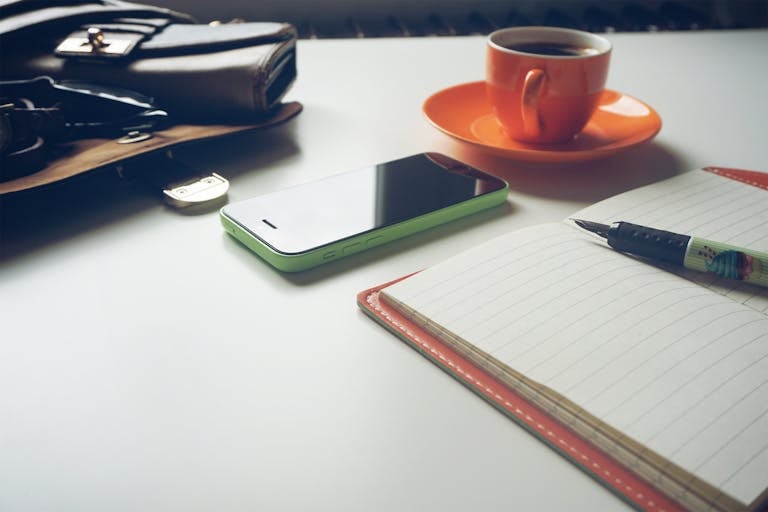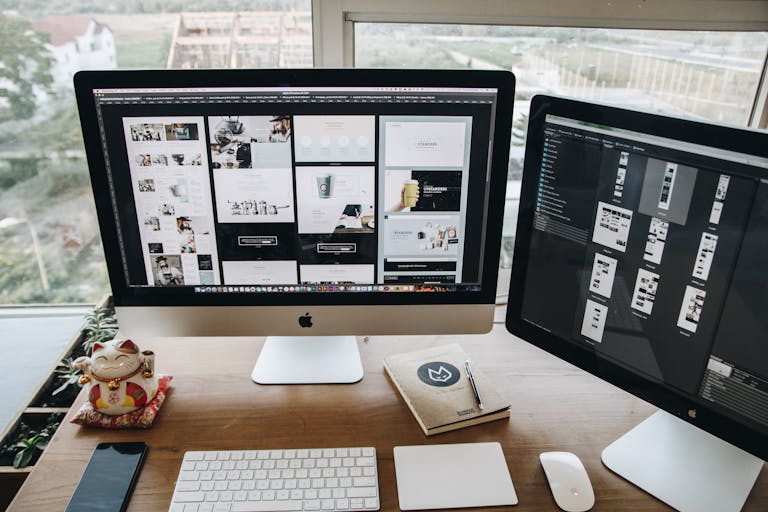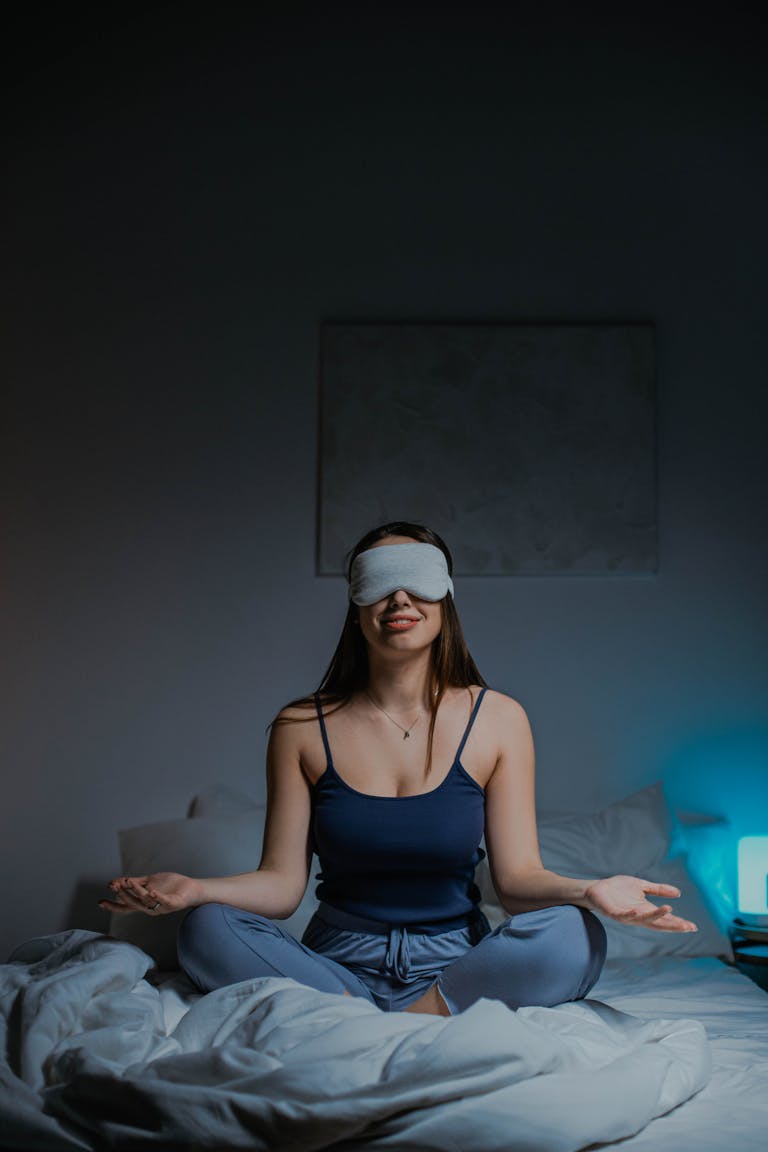Introduction
In today’s fast-paced world, technology is an essential part of our lives, but it often comes with a downside: constant distractions. Smartphones, emails, social media, and digital notifications can create an overwhelming environment that stifles our ability to focus and be productive. A digital detox, which involves stepping away from devices and disconnecting from the digital world, can actually improve your productivity by helping you regain focus, reduce stress, and increase your efficiency.

1. Understanding the Distractions of the Digital World
Our digital devices are designed to keep us engaged. Every notification, message, or alert is designed to capture our attention and keep us hooked. While this can be useful at times, it often leads to constant interruptions that break our focus and prevent us from completing tasks.
The average person checks their phone over 100 times per day, and these small interruptions can add up, affecting our ability to stay focused on important work. When you’re constantly switching between tasks and responding to digital distractions, it’s hard to maintain deep concentration and flow.
2. How Digital Detox Improves Focus
One of the most immediate benefits of a digital detox is the improvement in focus. When you take time away from your devices, you eliminate the constant barrage of notifications and distractions. This gives your brain the chance to reset and recalibrate, allowing you to focus on the task at hand without the temptation to check your phone or email.
Without the distraction of digital devices, you can dedicate more mental energy to important projects, creative tasks, and deep work. By prioritizing uninterrupted focus, you can achieve higher levels of concentration, leading to increased productivity and higher quality results.
3. Boosting Productivity by Reducing Stress
Another key benefit of a digital detox is its impact on stress levels. The constant flow of information from emails, news updates, and social media posts can cause information overload, leading to feelings of anxiety and stress. When we are constantly reacting to incoming notifications, we become mentally fatigued, and our productivity suffers as a result.
Taking a break from digital devices allows your brain to decompress. Without the constant barrage of information, you can focus on the present moment and reduce the stress that comes with digital overstimulation. This leads to improved mental clarity, allowing you to work more effectively and efficiently.
4. Improving Decision-Making and Creativity
A digital detox not only helps you focus better but also enhances your ability to make decisions and think creatively. When you’re constantly bombarded with information, it becomes harder to make thoughtful decisions and come up with innovative solutions. Digital detoxes provide the mental space needed to clear away the clutter, enabling you to think critically and make better decisions.
Moreover, without the constant interruptions from digital devices, you can allow yourself time for deep thinking, brainstorming, and creative problem-solving. Whether you’re working on a project, developing a new idea, or tackling a difficult challenge, a digital detox can help you unlock your creative potential and make better decisions.
5. How to Incorporate a Digital Detox into Your Routine
Integrating a digital detox into your routine doesn’t require a complete break from technology, but rather creating boundaries that allow you to reduce distractions and maintain focus. Here are some practical tips for incorporating a digital detox into your daily life:
- Designate Tech-Free Zones: Create areas in your home or workplace where digital devices are off-limits. For example, designate your bedroom as a no-phone zone to improve sleep quality and your office as a place for uninterrupted work.
- Set Time Limits for Screen Use: Use apps that track your screen time and set daily limits for social media and other non-essential digital activities. This helps you become more aware of your screen usage and limits distractions.
- Turn Off Notifications: One of the easiest ways to reduce digital distractions is by turning off notifications on your phone and computer. This way, you can check your messages and emails when it’s convenient for you rather than being interrupted constantly.
- Take Digital Detox Days: Schedule regular digital detox days where you disconnect from all devices. Use this time to focus on offline activities like exercising, reading, or spending quality time with family and friends.
- Practice Mindful Technology Use: Be intentional with your technology use. Instead of mindlessly scrolling through social media or checking your email constantly, set specific times during the day for these activities and stick to them.
6. The Long-Term Benefits of a Digital Detox for Productivity
By regularly incorporating digital detoxes into your routine, you’ll begin to notice long-term improvements in your productivity and overall well-being. Over time, your ability to focus will improve, your stress levels will decrease, and you’ll have more energy to dedicate to the tasks that matter most.
Moreover, a consistent digital detox can help you establish a healthier relationship with technology, allowing you to find a balance between staying connected and maintaining mental clarity. By becoming more mindful of your digital consumption, you can enhance your productivity without sacrificing your mental health.
Q: How often should I take a digital detox?
A: The frequency of your digital detox depends on your lifestyle and needs. Many people benefit from taking a digital detox once a week or even for a few hours every day. Start with what feels right for you and adjust as needed.
Q: Can a digital detox help with productivity at work?
A: Absolutely! A digital detox helps eliminate distractions, allowing you to focus better and be more productive. Taking breaks from technology at work can lead to more efficient problem-solving and task completion.
Q: What are some simple ways to reduce screen time without doing a full detox?
A: You can reduce screen time by setting time limits on apps, using screen-free time for meals and before bed, and turning off notifications. These small changes can reduce distractions and improve your productivity.
Take Charge of Your Productivity – Start Your Digital Detox Today! Set boundaries with technology, reduce distractions, and experience the difference in your productivity levels. Take a break from screens and unlock your full potential!

I’m EKBAL HOSSAIN MONDAL, the creator of SmartSolveTips.com — a blog dedicated to helping people improve productivity, avoid digital burnout, and live better online. With years of hands-on experience in self-development and digital wellness, I write practical tips and tools to help you stay focused and thrive in a fast-paced digital world.






